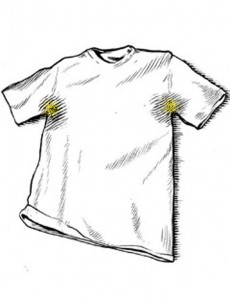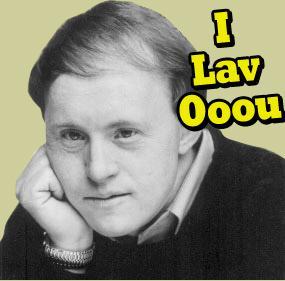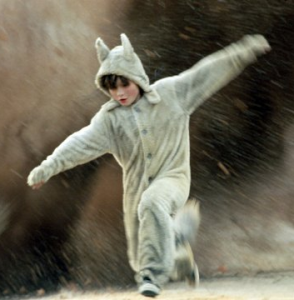Seemingly from nowhere JP discovered baseball about three weeks ago, when he demanded a glove and bat, started watching games with me before bed, made serial inquiries as to when we might attend a game, and also wanted to know when he could participate in his own “big game” (his phrase).
I was a little unprepared for this, as he hadn’t shown any interest in baseball to that point, and he was also already enrolled in two other athletic activities, hockey and swimming, which take up the better part of our weekends.
Hockey, which is dead cute when done by four-year-olds, ended a couple of weeks ago, and I decided to see if I could sign JP up for baseball. According to the website of the local organization that runs kid baseball in my neighborhood, JP, who just turned five, was too old for T-Ball, and would be placed in “Pee Wee”. Fine.
I should explain that all of JP’s activities come only after prolonged and Kafkaesque negotiations between his mother and me. The reason for this is that, generally speaking, his extracurriculars fall into the nebulous black hole known as “our time”. That is, we switch off weekends with JP, and if baseball is on Saturday, for example, then one week I bring him to the game and the next one his mother would. Her time and my time. Which means we have to cooperate, which is never easy for either of us.
JP’s mother was only moderately enthusiastic about baseball. Her biggest concern was she didn’t think JP was ready for Pee Wee. Given that she has never played even a second of baseball in her life, I’m not sure how she made this determination, but there it is. When I told her that he had already aged out of T-ball she suggested I call the league and see if I could plead with them. I didn’t want to do this.
Don’t get me wrong: JP is only an average athlete (he has my genes), and at this stage, he can’t hit, run, throw, or catch. Which is only to be expected, particularly as he has never really played before. I knew that most of the kids in the league would have learned the basics the year before in T-ball, and it might be hard for JP at first, but I figured he would pick things up. Meanwhile, I didn’t see any reason to stick him with the little kids just because baseball was a new interest.
This gets at a fairly common mother-father interaction, in which mom wants to protect the body and self-esteem of the offspring, while dad wants said child to “suck it up” and be thrown headfirst into the pool. In a divorce, the instincts of each parent aren’t fettered by having to live with the other person. There’s a tendency, then, to go further in the direction of your natural inclination than you might otherwise. In my case, my inclination isn’t necessarily to push JP: it’s to believe that I’m always right. I never asked to see if he could be placed in T-ball.
Ultimately, it made no difference. I had missed the deadline to sign him up, so young Casey will have to wait ’til next spring to strike out. Meanwhile, JP and I have been going to the park and learning the fundamentals as best I can teach them, including having him hit off a tee.
He’s getting pretty good.




